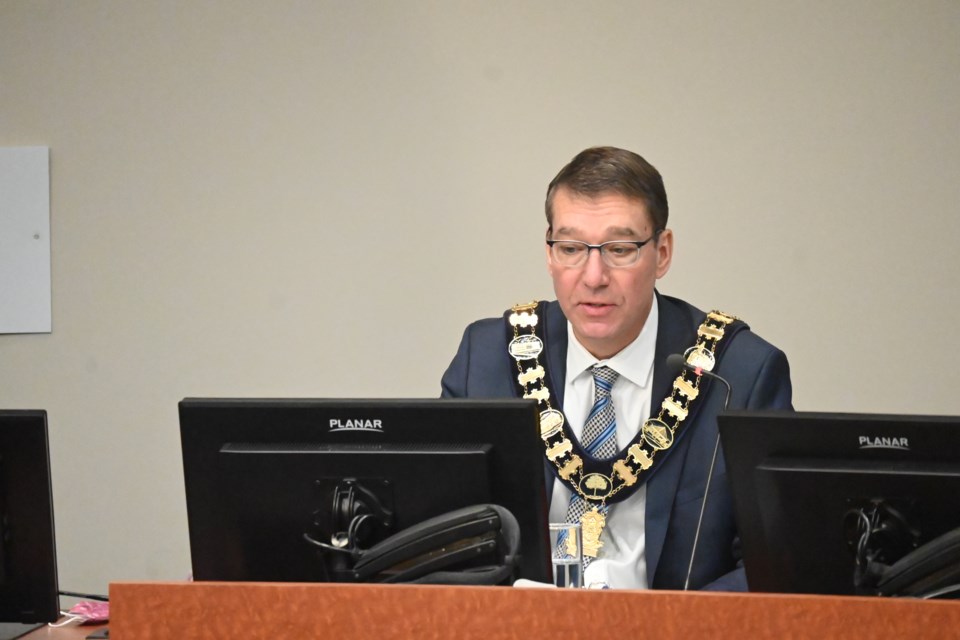Newmarket Mayor John Taylor expressed openness to hearing more about new veto powers but said it is unlikely he would use them himself.
The province indicated this week it would introduce “strong mayor” powers to Toronto and Ottawa, as well as potentially other cities in the future. Premier Doug Ford said it would give a mayor veto power over decisions unless defeated by a two-thirds council vote.
Taylor said he did not want to prejudge before more details are released by the province, but he said it would need to be implemented carefully.
“I’d want to see all the details,” he said. “On the surface, (it) would be very unlikely to see myself embracing that (veto) or using it. Right now, we have a very high-functioning council, very professional council, and I think that the democratic process of a majority of council members is functioning well here.”
The exact details of the new powers are unknown beyond the two-thirds veto. In Newmarket’s nine-member council, that could mean six votes would still guarantee a motion, but that the mayor and three other votes could beat five votes. At the regional level, a two-thirds majority would be 14 votes.
But Newmarket council has rarely had split votes in the current term.
“We have a very strong council system,” Taylor said. “I’m very proud we work very professionally and collegially. We work essentially as a team.”
Every member of Newmarket council is running for re-election, including Taylor. Only two — councillors Victor Woodhouse and Trevor Morrison — have opponents formally registered a month out from the Aug. 19 nomination deadline.
Ford justified the move, saying mayors face more scrutiny than other council members.
“I just think that the mayor of Toronto or Ottawa, or any mayor, they’re accountable for everything, but they have the same single vote as a single councillor,” Ford told reporters. “We’ll get into the details later … We’ll do the trial. And we’ll look at the rest of the mayors of relatively large cities.”
Taylor agreed mayors face higher levels of accountability.
“There’s a sense when a mayor ran on a platform, the mayor should implement the platform. We still, at the end of the day, represent one vote on council,” he said. “My response to that is to make sure that you’re working, again, with your council, that you’re providing or incorporating or listening to their ideas and collectively finding the path forward.”
The opposition Ontario NDP criticized the strong mayor proposal and said it is a “wrong priority,” noting it was also not raised during the election campaign.
“It’s baffling that Ford is focused on giving two mayors more power, instead of working on giving municipalities support that would actually help people — like better funding for housing, public health, long-term care and transit,” NDP Municipal Affairs critic Jeff Burch said in a news release.
Taylor said he wants to keep an open mind about the matter, but he added waiving a “magic wand” to get his way would not work well in the long run.
“My gut instinct is that the democratic process of a 50 per cent plus one on everything has been a well-tested foundation,” he said. “It causes a lot of us to not just simply take the path that we want, or that we think is the right one alone, but to try to compromise, find coalitions, work with people, address concerns. And that’s really at the heart of democracy.”
— With files from The Canadian Press



